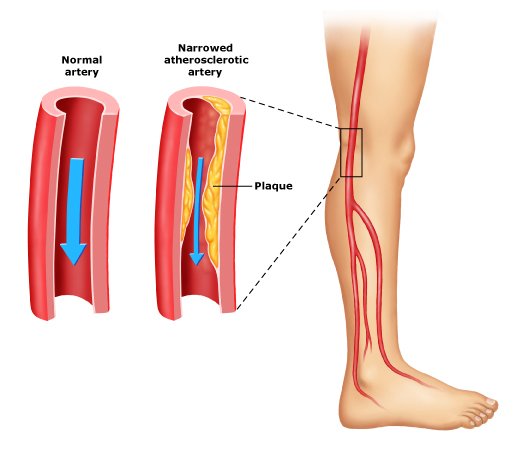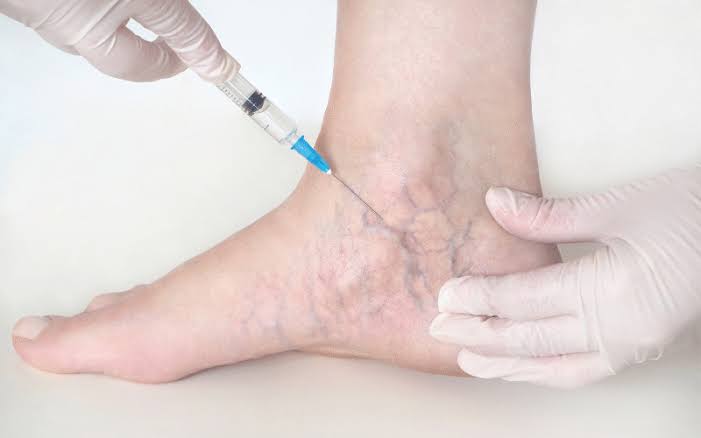Calculating systemic vascular resistance (SVR) is not an easy task but it is not that difficult either. You just need to understand what it is and how it works and then you can easily calculate it.
What is SVR?
Systemic vascular resistance (SVR) is the resistance of blood vessels to flow of blood. It is a number that represents the resistance of blood vessels to flow of blood in the body.
What is the function of SVR?
SVR is the most important factor that determines the blood pressure in the body. If the blood vessels are more resistant to the blood flow then the blood pressure will be higher. On the other hand, if the blood vessels are less resistant then the blood pressure will be lower.

Why we need to calculate SVR?
If you want to know how your heart and blood vessels work then you need to calculate SVR. For example, if you have high blood pressure and you want to know whether it is because of your heart or the blood vessels, then you need to calculate SVR.
To calculate SVR, first you need to understand the following formula:
- SVR = MAP / CO
- MAP – mean arterial pressure
- CO – cardiac output
- Now, let’s see how we can calculate SVR.
MAP:
The mean arterial pressure (MAP) is the average pressure of all arteries in your body. It is measured in millimeters of mercury (mmHg). The formula for calculating MAP is:
MAP = 2/3(pulse pressure) + diastolic pressure
Pulse pressure is the difference between systolic and diastolic pressure. Diastolic pressure is the lowest pressure that is reached after the heart beats.

CO:
The cardiac output (CO) is the volume of blood that passes through the heart and circulates through the entire body per minute. The formula for calculating CO is:
- CO = HR x SV
- HR – heart rate
- SV – stroke volume
- HR – heart rate
- SV – stroke volume
SV is the amount of blood pumped by the left ventricle of the heart in one minute. It is measured in milliliters (mL).
Conclusion:
I hope this post on how to calculate systemic vascular resistance helped you to understand the concept better. You can also use this formula to calculate SVR at home. I will update the blog with more SVR calculations and tips in future.














